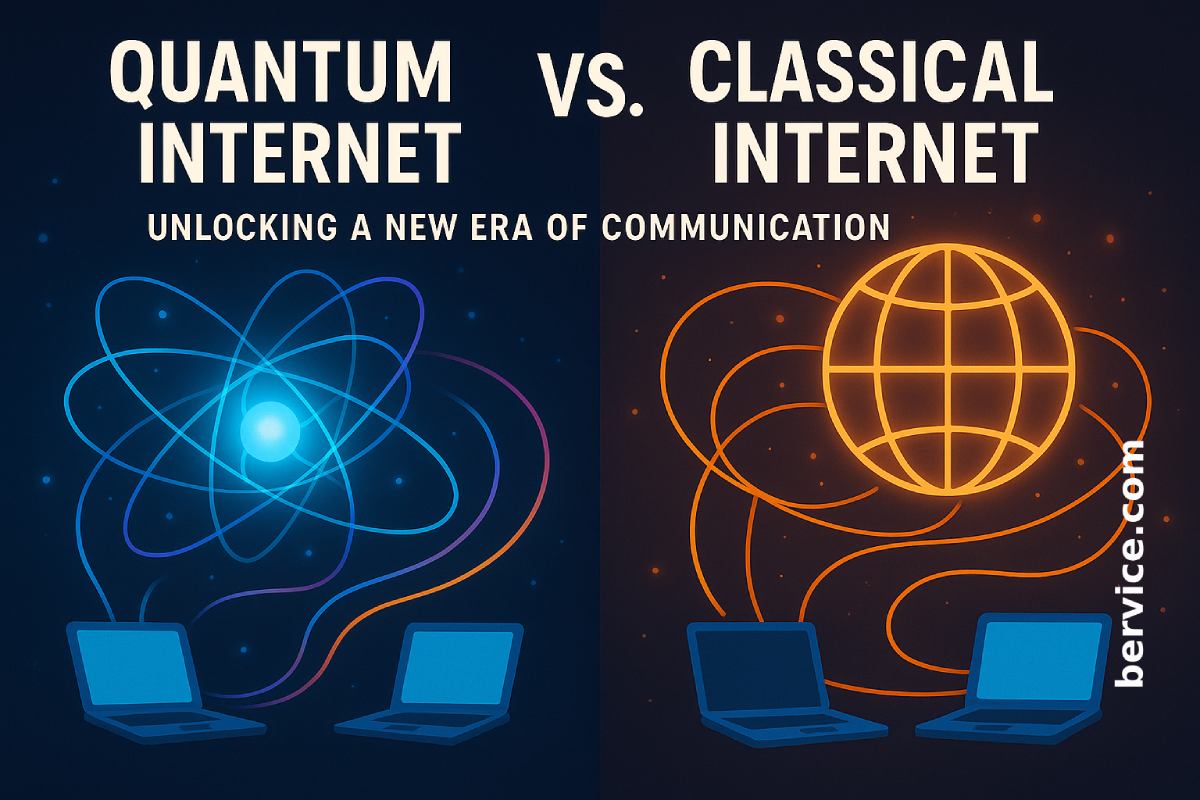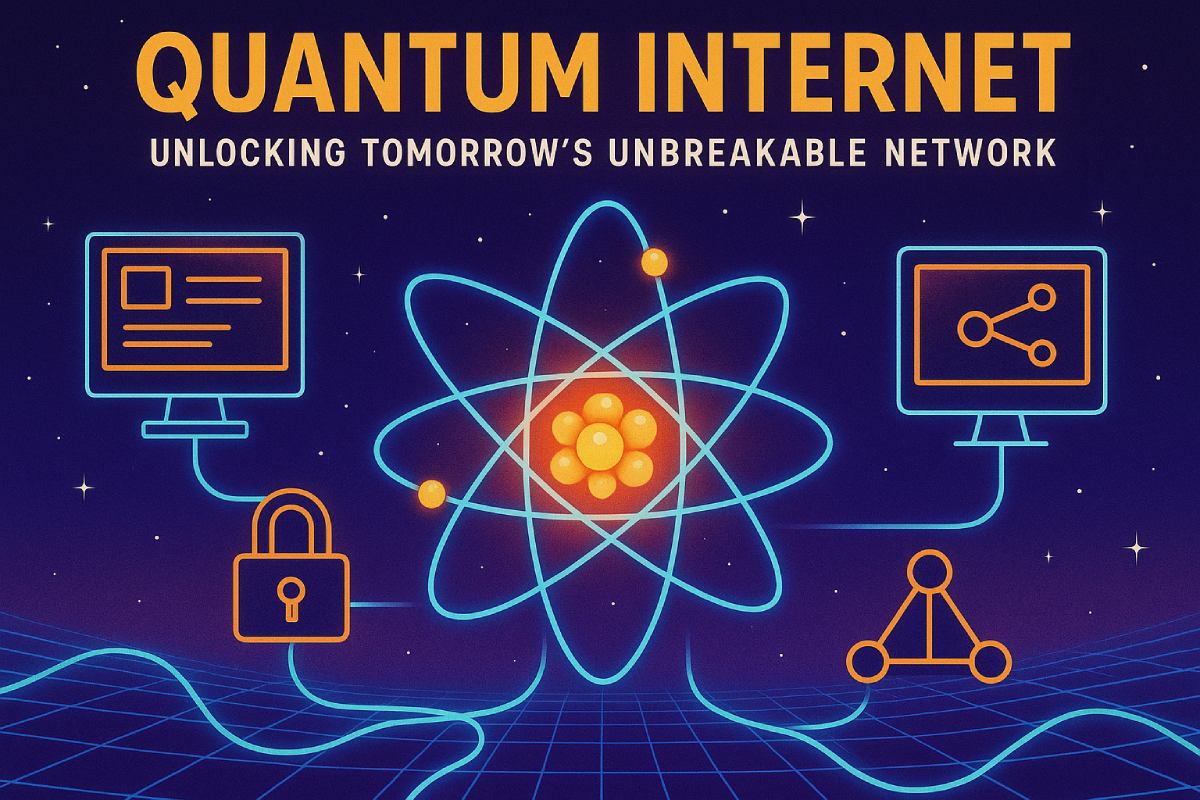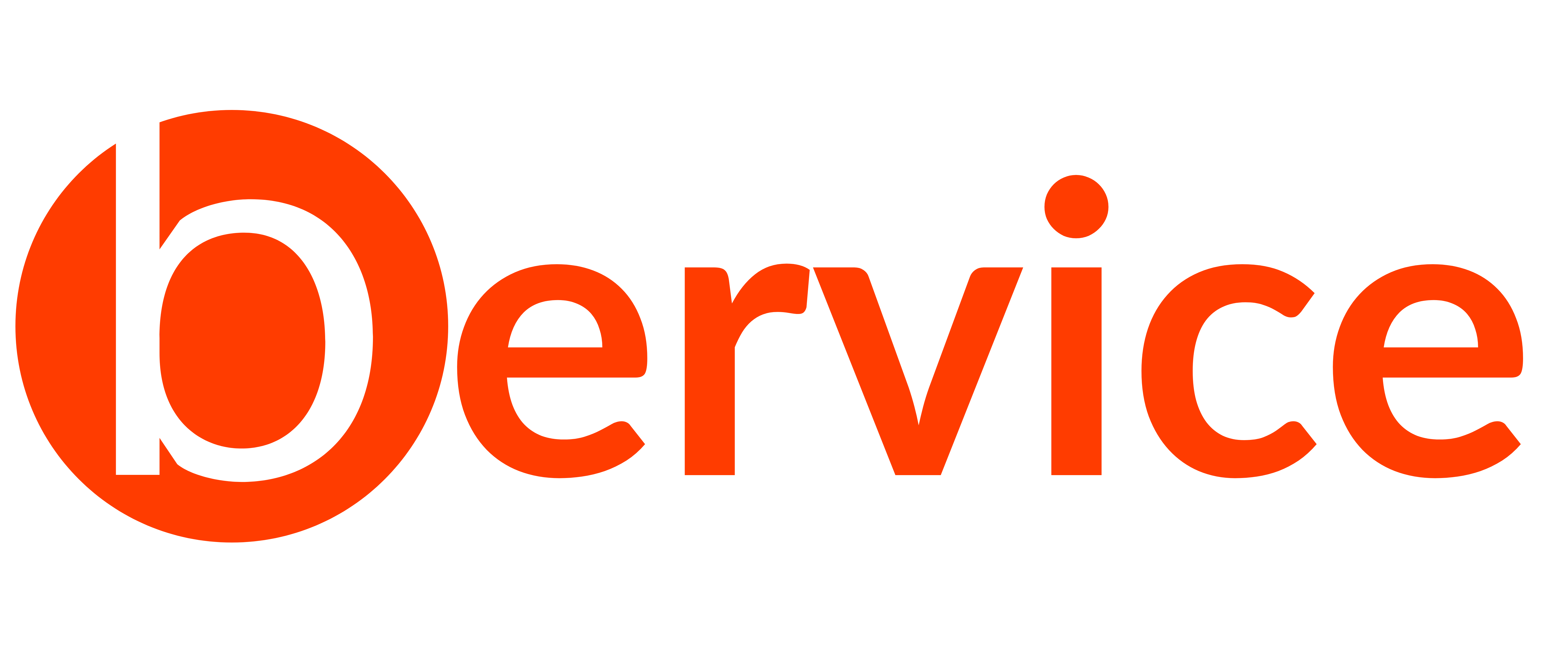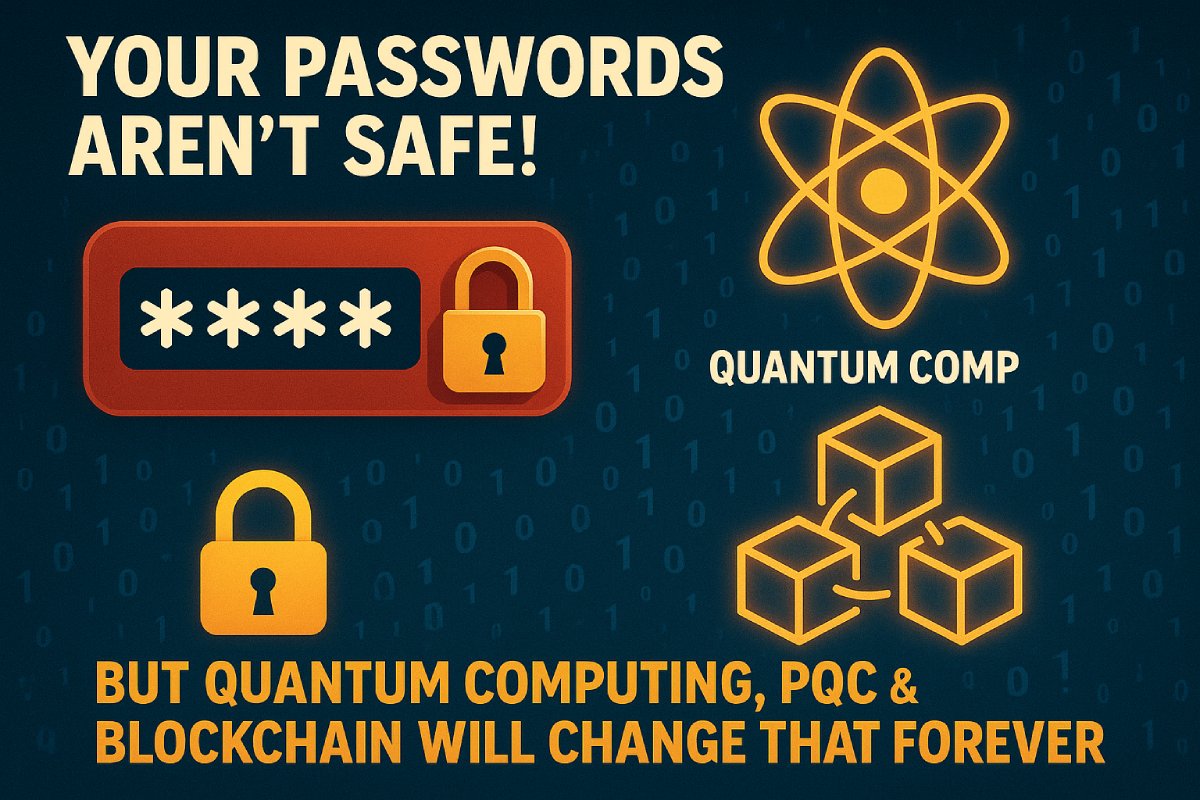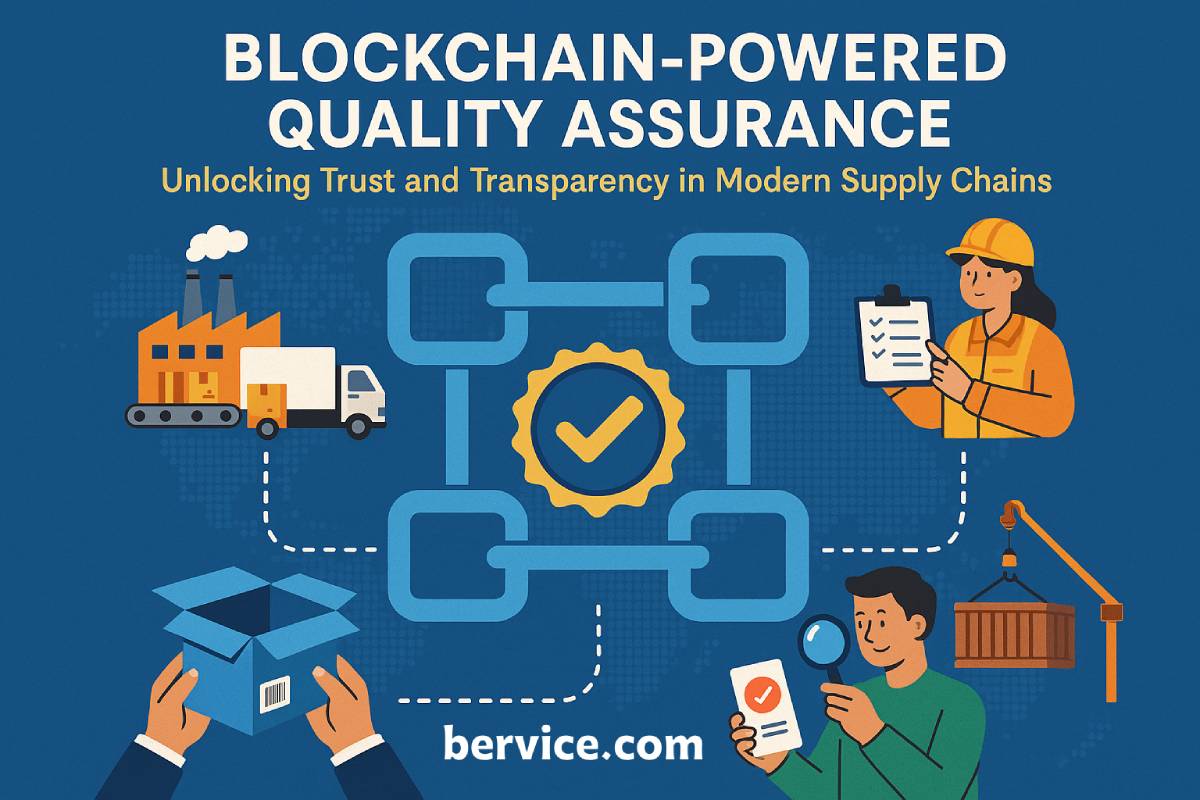
In an era where consumer expectations are rising and regulatory standards are tightening, Quality Assurance (QA) has become a mission-critical process across industries. However, traditional QA methods often suffer from issues such as lack of transparency, data manipulation, manual errors, and difficulty in tracing accountability. Blockchain technology, known for its decentralized, tamper-proof nature, is emerging as a powerful solution to revolutionize QA systems. By leveraging smart contracts and immutable records, blockchain can elevate quality control to a new level of efficiency, transparency, and trust.
1. Immutable and Transparent Records Across the Supply Chain
One of the most compelling advantages of blockchain in QA is the creation of immutable records. Every inspection, certification, and transaction can be recorded on a distributed ledger that is secure and cannot be altered retroactively. This ensures that product quality data—such as test results, production timelines, and compliance checks—remains transparent and tamper-proof. Stakeholders across the supply chain, from manufacturers to end consumers, can verify product quality history with full confidence. This level of visibility is especially critical in industries like pharmaceuticals, food safety, and electronics, where a minor lapse in quality can have serious consequences.
2. Real-Time Monitoring and Automated Verification via Smart Contracts
Blockchain can automate QA processes through smart contracts—self-executing agreements with predefined rules. For instance, in a food production line, a smart contract can automatically reject a batch if temperature or humidity data from IoT sensors falls outside acceptable limits. This reduces human error, speeds up decision-making, and enhances process integrity. It also minimizes the need for intermediaries and manual audits, cutting operational costs and improving response times when quality issues are detected.
3. Enhanced Accountability and Auditability
Blockchain creates a single source of truth that all stakeholders can access. In the case of a product defect or safety recall, it becomes easier to trace the root cause of the issue, identify responsible parties, and take corrective actions swiftly. This accountability fosters a culture of responsibility and integrity within organizations. Furthermore, external auditors and regulatory bodies can access verifiable data in real-time, simplifying compliance reporting and reducing the burden of proof during audits or disputes.
4. Consumer Trust and Brand Loyalty Through Verifiable Claims
Consumers are increasingly seeking transparency about how products are made, whether they are ethically sourced, and if they meet certain quality standards. Blockchain enables companies to provide verifiable claims about their products directly to end-users. QR codes on packaging, for example, can link to blockchain-verified data about origin, inspection dates, certifications, and environmental impact. This enhances brand credibility, builds consumer trust, and offers a competitive edge in markets where transparency is a key differentiator.
Conclusion: Toward a Future of Trust-Based Quality Systems
The integration of blockchain into quality assurance systems marks a paradigm shift from reactive to proactive quality management. By ensuring that every transaction and inspection is transparent, secure, and verifiable, blockchain empowers companies to uphold higher standards while reducing costs and delays. As industries move toward Industry 4.0, blockchain-based QA is not just an upgrade—it’s a necessity for building trust in a complex, fast-paced digital economy.
Connect with us : https://linktr.ee/bervice

